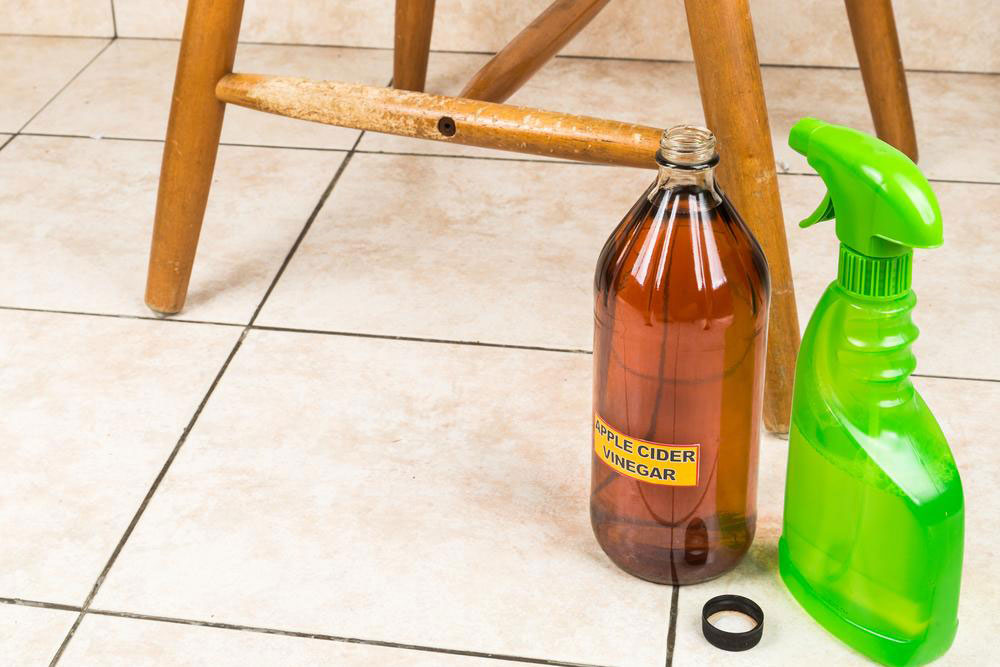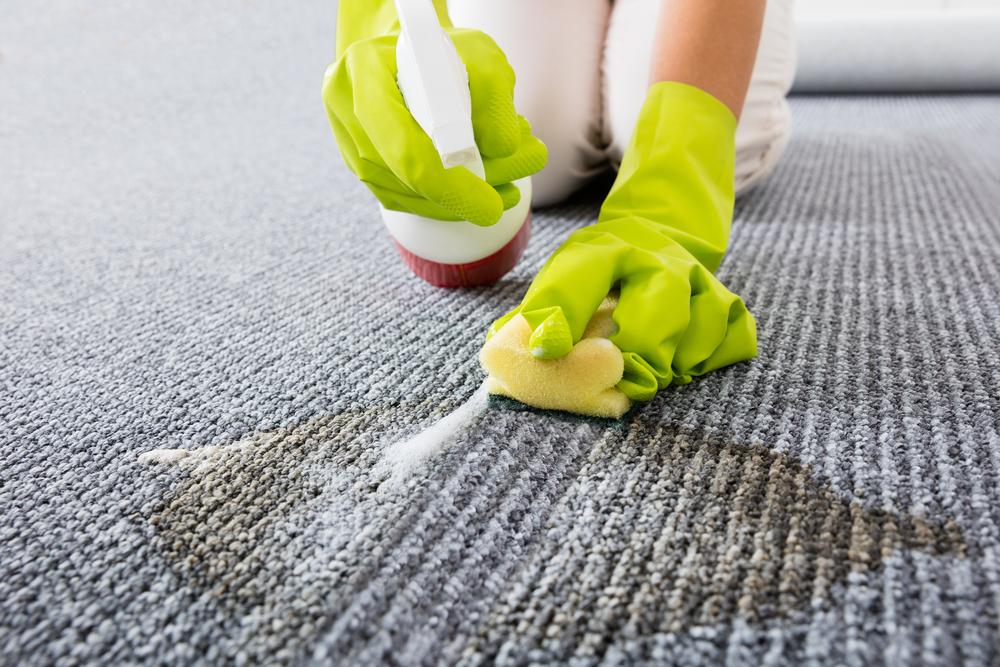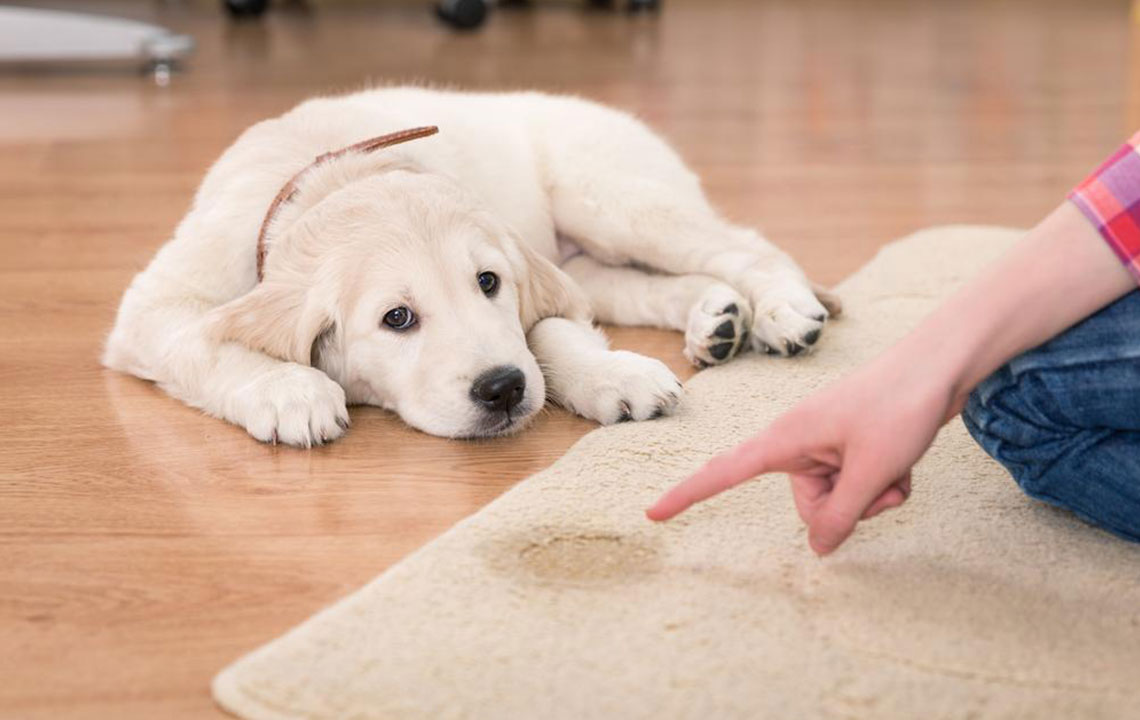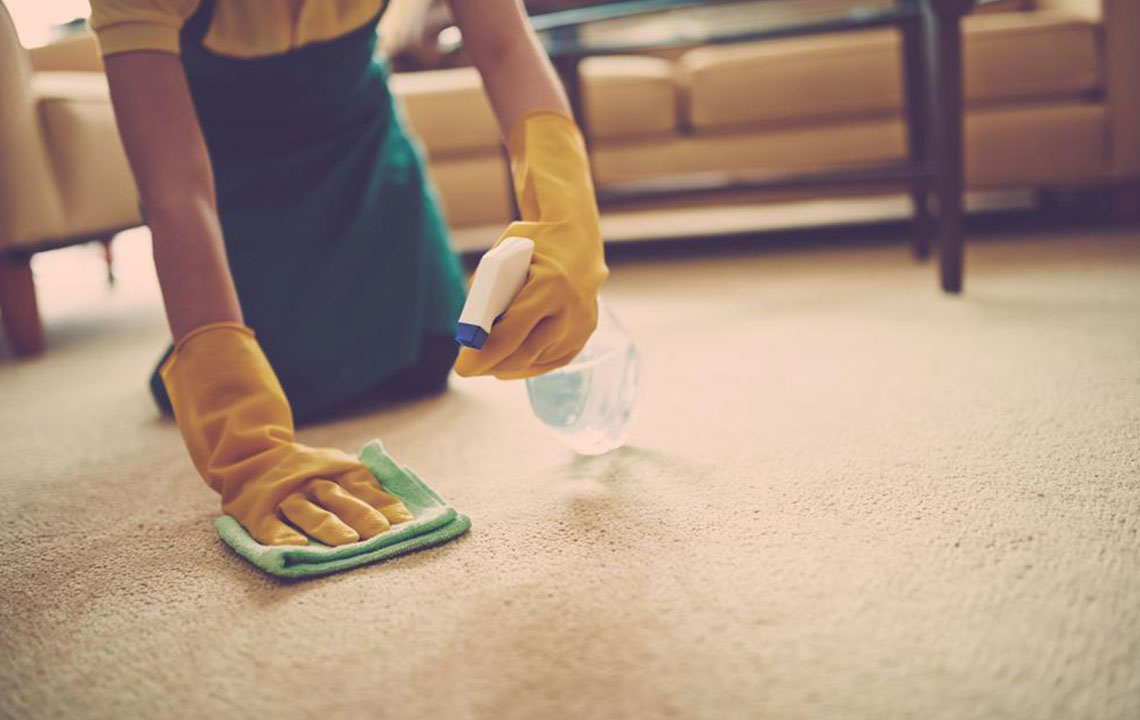Ultimate Guide to Eradicating Cat Urine Odor and Stains Permanently
Dealing with stubborn cat urine odor can be frustrating, but effective solutions are available. This comprehensive guide explores proven techniques including enzymatic cleaners, baking soda, hydrogen peroxide, and vinegar to eliminate stains and persistent smells. Pet owners will learn how to thoroughly clean affected areas, prevent reoccurrence, and maintain a fresh home environment. The article emphasizes combining commercial solutions with household remedies for best results, ensuring a safe and odor-free space for both pets and humans. Discover expert tips to restore your cleanliness and enjoy your pet’s company without unpleasant odors.

Effective and Proven Methods to Remove Persistent Cat Urine Smell
For many pet owners, facing the reality of cat urine odor can be a frustrating challenge. This particular scent is notoriously difficult to eliminate due to its strong chemical composition and tendency to seep deep into various surfaces, making it a persistent issue if not addressed promptly and effectively. Moreover, beyond the smell, urine stains often leave behind unsightly marks that can damage fabrics, carpets, and furniture, leading to a need for comprehensive cleaning solutions. Thankfully, there are numerous tried-and-true strategies, combining both commercial products and household remedies, to ensure complete odor neutralization and stain removal. This extensive guide aims to equip pet owners with professional tips and practical techniques to restore their living spaces, making them fresh, clean, and odor-free once again.
1. Use High-Quality Enzymatic Cleaner Solutions
One of the most effective methods for totally eliminating cat urine odor and stains involves using enzymatic cleaners specifically formulated for pet messes. These specialized cleaning agents work by breaking down the proteins and compounds found in urine, thereby neutralizing the odor at its source rather than merely masking it. Enzymatic cleaners are widely available at pet supply stores and online, and they come with detailed instructions for use. When applying, it’s crucial to thoroughly saturate the affected area, including any underlying layers or padding, to ensure complete enzyme contact. Allow the solution to sit for the recommended period, usually 10-15 minutes, to maximize odor eradication. Regularly using enzyme-based products is also beneficial for preventing re-soiling since they eliminate the root cause of the smell.
2. Household Baking Soda for Natural Odor Neutralization
Baking soda remains a household staple for odor removal due to its natural deodorizing properties. Its ability to neutralize acids in urine makes it incredibly effective against stubborn odors. To use baking soda, sprinkle a generous layer over the soiled area, ensuring good coverage. For enhanced results, mix a small amount of water to form a paste or spray lightly with water, then scrub gently with a brush or cloth. After letting the baking soda sit for 10-15 minutes, vacuum or wipe away the residue. This simple method is not only cost-effective but also safe around pets and children. For ongoing odor control, consider leaving an open box of baking soda nearby in problem areas.
3. Hydrogen Peroxide for Chemical and Odor Removal
Hydrogen peroxide is a powerful anti-bacterial agent that effectively disinfects and removes deeply embedded odors. To use, create a mixture of one part hydrogen peroxide with two parts water in a spray bottle. Spot clean the affected area by spraying the solution generously, ensuring penetration into the fibers or surfaces. Let it sit for 5-10 minutes, which allows the peroxide to break down urine residues and neutralize odors. After treatment, blot the area with a clean cloth or towel and rinse with water if necessary. Carefully test on delicate surfaces beforehand to avoid discoloration. Hydrogen peroxide is especially effective on hard surfaces like tile and sealed wood flooring.
4. Homemade Vinegar Solution for Natural Cleaning Power
Vinegar remains one of the oldest and most trusted methods for pet stain and odor removal. Its acidic properties help break down uric acid crystals and neutralize the smell naturally. To prepare, mix equal parts of white vinegar and water, and apply generously to the affected area. Allow the solution to soak in for at least 10-15 minutes, or longer for stubborn stains. For deeper penetration, cover the area with plastic wrap or a clean cloth and let it sit. Afterward, blot excess moisture with a dry towel, and if needed, repeat the process. The vinegar solution can be used on most surfaces, including carpets, upholstery, and bedding.
By implementing these professional-grade and household remedies, pet owners can effectively neutralize even the most persistent cat urine odors. With patience, proper application, and consistency, it’s possible to restore a fresh, clean environment and prevent future accidents. Regular cleaning, adequate litter box maintenance, and using enzymatic products will help keep your home smelling pleasant and free of pet-related odors.




